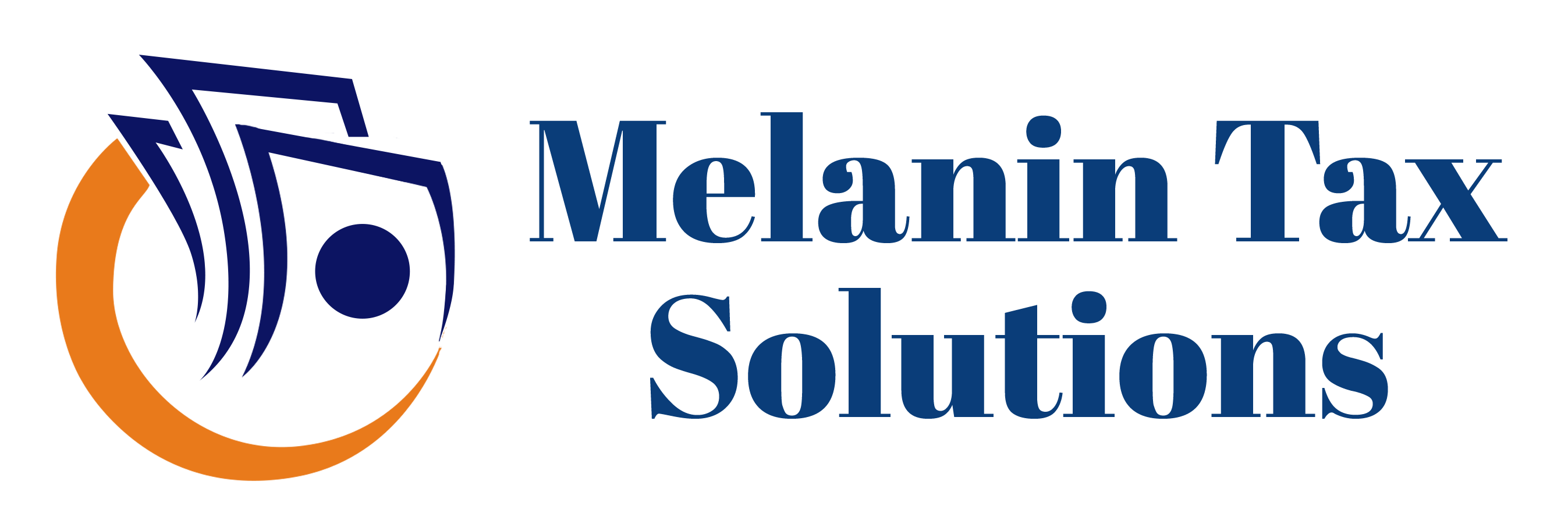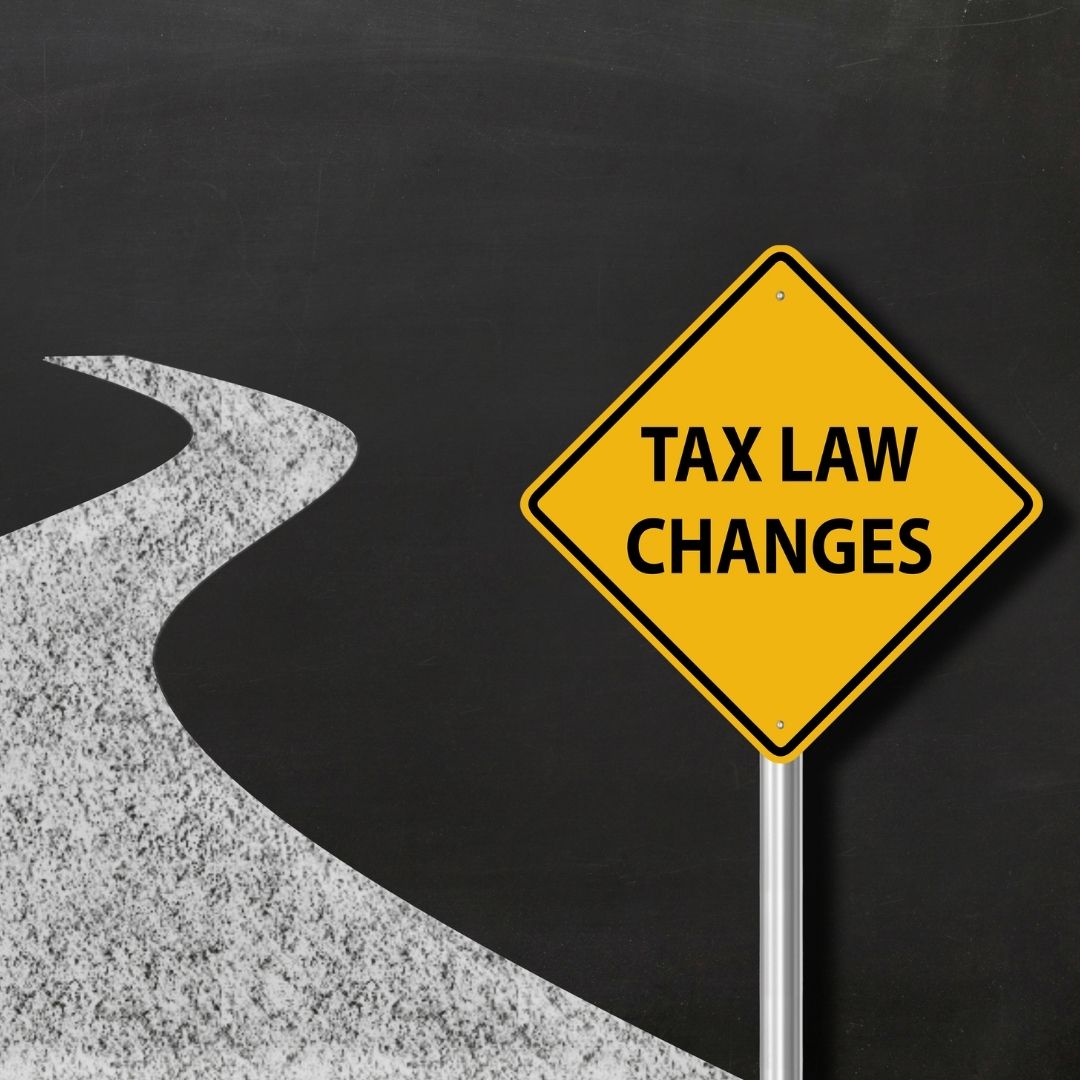Four Less-Familiar Changes to Be Aware Of
Among the many tax changes that individuals and families are trying to wrap their heads right now, the following four may be less familiar to many. Most are aware of the need to file the amounts they received in stimulus payments, but there are other changes as well that may seem less straightforward when trying to file your tax return for 2021. Here are four of them:
- The Increase in Child Care and Dependent Credit (CDTC)
- Coronavirus-related sick or family leave tax credits for self-employed individuals
- Unemployment compensation is taxable in 2021.
- Charity deduction is allowed even if you don’t itemize
Increase In Child Care and Dependent Credit (CDTD)
The Child Care and Dependent Tax Credit helps working parents recover the costs of caring for a child or for dependents with disabilities. The current allowed amount is up to $8,000 per family if there are two or more dependents incurring these expenses.
Here is how that breaks down:
- The percentage allowed to be claimed has increased from 35% of those expenses to 50%
- Families can claim up to $8000 in expenses for one child or disabled dependent, or up to $16,000 for two or more
- So maximum allowable credit is $4000 for one child or disabled dependent, $8000 for two or more
Many parents may not be aware of the significant increase in this tax credit. And, not only has the amount allowed been increased but the phase-out for higher-income earners has also been modified.
Sick or Family Leave Tax Credits for the Self-Employed
Self-employed individuals who had to take Coronavirus-related sick or family leave in 2021 may be eligible to claim tax credits for that leave. This applies if you had to take this leave because of a federal, state, or local quarantine order if a medical provider advised you to quarantine. It also applies if you were seeking a medical diagnosis because you were experiencing possible Covid-19 symptoms.
While the sick leave credit applies if you personally were affected, the family leave credit applies if you were unable to work because you were caring for someone else impacted by Covid-19. It also applies if you, if your child’s school or child care provider was closed due to Covid-19 related issues.
The amount of the available credit is different for the two situations, and you can only claim either of these credits for eligible days between April 1, 2020, and March 31, 2021.
If you have employees, there are additional tax credits that apply. You should consult with a tax expert to make sure you are maximizing these credits.
Unemployment Compensation Taxable in 2021
The Bureau of Labor Statistics shows a fluctuation in the U.S. unemployment rate from 6.4% in January 2021 to 3.9% in December 2021. If you found yourself included in these statistics at any point in 2021 and received unemployment compensation, you will need to make sure you understand the current tax changes.
As part of a stimulus package passed in March 2021, many taxpayers received a tax break on unemployment compensation. This tax break only covered up to $10,200 in jobless benefits per individual, and only for those with an adjusted gross income in 2020 of less than $150,000.
For 2021 however, that exclusion no longer exists – all unemployment compensation is taxable. If you received unemployment benefits in 2021, you may find yourself owing taxes on that compensation unless you elected to have taxes withheld when your compensation began. This is not an automatic withholding like on your regular paycheck. You have to specifically opt-in when you enroll. Taxes will then be withheld at a flat rate of 10% which may not cover all required taxes in your state.
In addition to federal income tax requirements, in states with a state income tax, unemployment is also subject to that tax percentage unless specifically exempted. Nine states do not have a state income tax and, currently, six additional states exempt unemployment payments from state income tax requirements. Make sure you know your state requirements so you know what to expect on your tax return.
Charity Deduction Even If Not Itemizing Deductions
In past years, only those individuals who itemized their deductions were able to claim contributions made to eligible charities. On your 2021 tax return, individuals can claim up to $300 in charitable contributions even if choosing the standard deduction rather than itemizing. Married couples filing joint can claim up to $600 for this deduction.
For those who choose to itemize their deductions, the limit for charitable donations has been suspended, so they could actually donate up to the entire amount of their adjusted gross income.
However, for both categories, the charitable donations must be monetary donations rather than donations of items such as household goods, clothing, etc.
Conclusion
Filing your tax return can be a very confusing and overwhelming process. With the tax changes of the last two years, it has become even more so for a significant number of families. Consulting with a tax expert, like those at Melanin Tax Solutions, will help you navigate and maximize those tax changes. Contact us today to see how we can help you.

